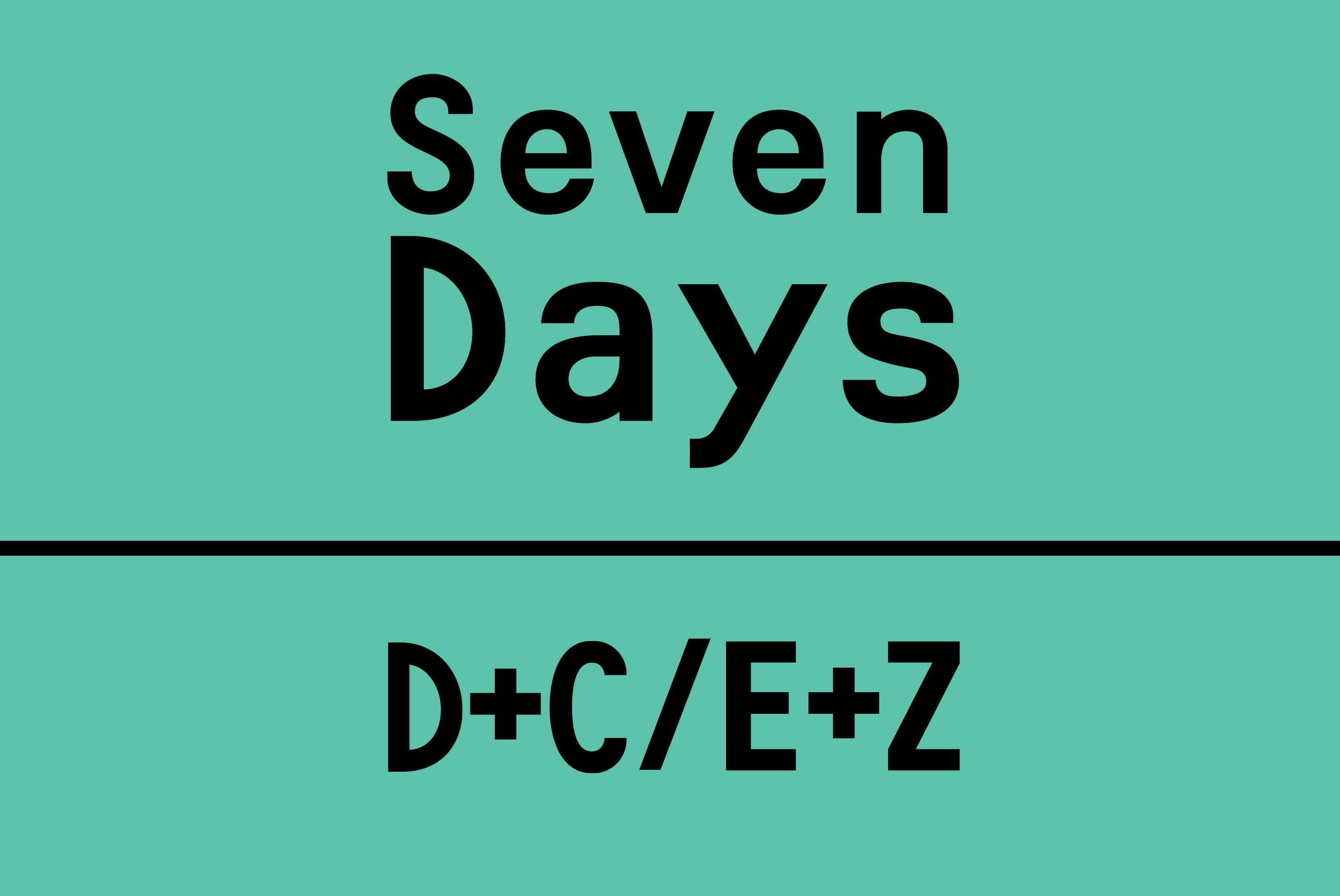In brief
News of the week

ISIS compounds Libyan crisis
Jihadis who claim to belong to the ISIS militia have executed 21 Egyptian hostages in Libya. In response, the Egyptian military flew air raids, and the Egyptian government demanded a UN Security Council mandate for an international force to intervene in its neighbouring country. The Libyan government in Tobruk wants the UN allow arms shipments to its country.
Various armed groups are currently controlling different parts of Libya, and ISIS seems to have gained a strong position in the town of Sirte. World media became aware of ISIS last year when the militia occupied large parts of Syria and Iraq, where its rule is brutal. In an atrocious propaganda video from Libya, an Islamist fighter threateningly said that ISIS was now “south of Rome”.
Italy is stepping up security measures. Paolo Gentiloni, Italy’s foreign minister, even suggested that his country might take part in an international military campaign in Libya, provided there was a UN mandate. Prime Minister Matteo Renzi, however, ruled out such an option for the time being.
According to the Italian government, the numbers of refugees fleeing from Libya is rising in view of the escalating crisis. It demanded that the EU to step up its programme to monitor the Mediterranean Sea in order to rescue people at distress and not only fend off refugees. In response, the EU has extended its mission until the end of the year and announced an additional € 14 million for humanitarian support in Italy.
Sources: ANSA, La Repubblica, FAZ
Russian company to build refinery in Uganda
A Russian state-owned company which belongs to Rostec has been chosen to build a refinery and related infrastructure in Uganda. The Financial Times estimates that the entire project should be worth up to $ 4 billion. Rostec is a conglomerate that produces arms among other things. Its chief executive is Sergei Chemezov, who is on the list of persons targeted by the EU and the USA with economic sanctions because of the crisis in Ukraine. A Ugandan government officer said: “If the west has problems with Putin, that is their problem.” Uganda is not legally bound to the sanctions imposed by the west, but it has long been considered a “donor darling” and got ample official-development assistance.
Source: FT
Mass demonstrations in Buenos Aires
Many thousands Argentinian citizens have rallied in Buenos Aires, demanding that the death of Alberto Nisman, a public prosecutor, be investigated. Nisman was found dead in January. According to the government, he shot himself, but many people believe that he was murdered. Nisman was about to file a case against President Cristina Fernandez de Kirchner, accusing her of coverning up the involvement of Iran in a terrorist attack on a Jewish institution in Buenos Aires in the 1990s.
Source: FAZ, taz
Turkish women rally against sexualised violence
Thousands of people have taken to the streets of Turkish cities in response to the rape and murder of Özecan Aslan, a 20-year old woman. She was the last passenger of a minibus one evening. The driver of the bus abducted, sexually assaulted and killed her. He has confessed the crime, and so did two men who helped him try to burn the body.
Women’s rights activists see a pattern of increasing gender-related violence in Turkey. They argue that the government of the AKP, which is historically related to Egypt’s Muslim Brotherhood, is creating a cultural environment in which it seems inappropriate for women to act independently. AKP leaders including President Tayep Recep Erdogan responded to the demonstrations by insisting that they want to protect women.
Sources: FT, FR
Former Thai prime minister Yingluck Shinawatra indicted in rice-pledging scheme
Yingluck Shinawatra, Thailand’s former prime minister who was ousted in a coup in May 2014, faces another trial. She was formally charged in the Supreme Court on Thursday because of negligence in the country’s rice-subsidy scheme. Under that populist programme, the government bought millions of tons of rice from Thai farmers for a price significantly above the market price. This led to an enormous financial loss. It is said to have accumulated to $ 16 billion during Yingluck’s administration from 2011-14. Yingluck was charged with dereliction of duty and causing huge damage to the state. The Supreme Court has set 19 March to decide whether to accept the indictment for further proceedings. If convicted, the former prime minister, who was democratically elected unlike the current military regime, could face up to ten years in prison.
Yingluck is the younger sister of former Prime Minister Thaksin Shinawatra, who has a strong influence on Thai politics from exile. Since her ouster, she has been facing a series of legal proceedings. In January, she was formally impeached by parliament and banned from politics for five years.
Sources: Bangkok Post, The Nation
Dozens die in clashes between rebels and Myanmar army
Clashes between the Myanmar army and ethnic Kokang insurgents in Myanmar’s northeast have left dozens dead and tens of thousands displaced. In the wake of the fighting that broke out on 9 February, the government has imposed military rule on the region. Kokang is located in the northern part of Shan State on the border of China’s Yunnan Province. It is mostly populated by Kokang people, who are ethnically Han Chinese.
The conflict has left at least 47 government troops and 18 rebel soldiers dead, according to government agencies. The number of civilian deaths is unknown. Tens of thousands of residents, migrant workers and Chinese businesspeople fled the area. Many oft them are seeking shelter in Yunnan.
The Kokang area, a self-administered zone, had been relatively quiet since a series of bloody clashes in 2009. Ethnic minorities, especially in Myanmar’s border areas, have been seeking greater autonomy for decades. The government is hoping to sign a comprehensive peace agreement with all of them next month, but the fighting is jeopardising its chances.
Sources: The Irrawaddy, Reuters, AP
These items were compiled by Hans Dembowski and Katja Dombrowski on the basis of international media coverage.










